Personality and Psychometric Tests
Personality and Psychometrics are essentially a big umbrella for all assessment tests. So why do we have a separate page on it here? We need to look at a more specific area called Psychological testing. Using the results of this test, an assessment can be made of the candidate’s motivation, personality traits, mental stability, leadership skills, effectiveness in a team, and their general integrity. Although the assessment of mental health conditions may be deemed illegal by an equal employment opportunity commission, aviation is an industry where this is becoming more acceptable due to perceived risk.
Psychological tests
What are we testing? “A psychological test is an instrument designed to measure unobserved constructs, also known as latent variables.” I will break this down into basics so that you understand what i’m talking about.
What is an unobserved construct? An idea or theory containing various conceptual elements, typically it is considered to be subjective and not based on evidence which is verifiable by observation. It is theoretical and therefore it can only be observed by the researcher or assessor using indicators.
For example; I want to test whether a candidate trusts his colleagues. I could ask the candidate directly but there is a good chance I would get the wrong answer. I need to ask a series of questions that will indicate what that underlying construct may be.
So can we lie to pass the test. The quick answer to this is no. If the test has been well thought out there will be many different options available to the assessor to observe the desired latent variable.
If you try to skew the test by predicting what the assessor wants you may well fail the test. Quite often they will create questions that will determine whether the individual candidate is trying to alter the outcome. This may be an indicator of control issues or dishonesty.
When constructing a test, there must be enough evidence to support the specified interpretation of the results. This evidence must be displayed consistently, over time across all raters.
This is similar to psychological testing but usually involves a more comprehensive assessment of the individual by a Psychologist. A Psychologist will collect collateral information about personal, occupational history such as from records or from interviews. Using the test results they will then make an assessment of the candidate’s suitability.
Summary
Don’t try to pass the test by guessing what the assessor wants. Answer the questions honestly and quickly. This will help you later on if the test is assessed by a Psychologist.
The Sim Check
Most candidates hate this part of their assessment because they feel like all their skills are being assessed all at once and in a very short time frame.
Let me put you at ease, the assessors are probably not looking for Chuck Jaeger. If they were looking for Chuck then they wouldn’t be asking you to apply for an airline job.
It is a total misconception that you are being assessed solely on your ability to fly an aeroplane. All airlines look at Notechs and TEM when it comes to assessing their candidates in the simulator. If you employ these techniques then you will significantly increase your chance of being selected.
Here are some key points to follow before your sim check:
Make sure you have obtained a briefing sheet before the check. This should explain what is expected of you during the simulator.
If the aircraft is unfamiliar, make sure you have all the documentation. You need to have access to the following:
Power/Thrust and Pitch settings for each phase of flight
Take off
Climb
Acceleration
Straight and level at 250 Kts
Descent
Holding
Intermediate Approach Flap setting
Final Approach Flap
What is their preferred Check List
What are their preferred SOPs
What plates should I use for the exercise, LIDO, JEPP’s, AERAD’s or NAVTECH
What is their preferred briefing technique?
What is their preferred failure management technique
The key to the sim check is preparedness. If you know what the profiles are and you have all the settings memorized then you will have far more capacity to demonstrate the notechs, which is what the assessor really wants to see.
If the aircraft type is unfamiliar you may want to get a practice assessment simulator. A couple of key points here.
Make sure the simulator is approved. If you fly a simulator that does not replicate the aircraft properly then it may do more harm than good.
Choose a company that can cater for that particular check. Ask them if they do assessment sims for {xxxxx}
Assess how much sim time you would need before talking to the company.
Arriving for your check.
Give yourself plenty of time to arrive at the sim center. This will help reduce stress and make you a little more relaxed. Be careful who you chat to when you get to the sim center, it may be your assessor.
During the briefing, the assessor should explain what is expected of you. If you have any questions this is the time to ask.
During the sim detail, if things don’t go as planned, try to stick to the basics. FLY, NAVIGATE, COMMUNICATE. Ask your sim partner for help so that you can regain your situation awareness. This will be marked up as a positive since you are displaying self-awareness and you are aware of what you need to do to improve the situation.
During the debrief you will be asked to critique yourself. Quite often a sim assessment is won or lost in the debrief. If you did something wrong admit it, the assessor will have seen it. Explain why you think it went wrong but emphasize how you improved the situation. An example of this may be that you took up a wrong track on the SID. How did you recover the situation? “I asked my sim partner to verify what the correct track was and then corrected. If I was to change something I would have got him to confirm the correct track before I flew it. I may have even asked him to do this during the briefing.” This shows self-awareness and the ability to learn.
If Aviation Insider can be of any assistance then please contact us enquiries@aviationinsider.co.uk. Good luck!
